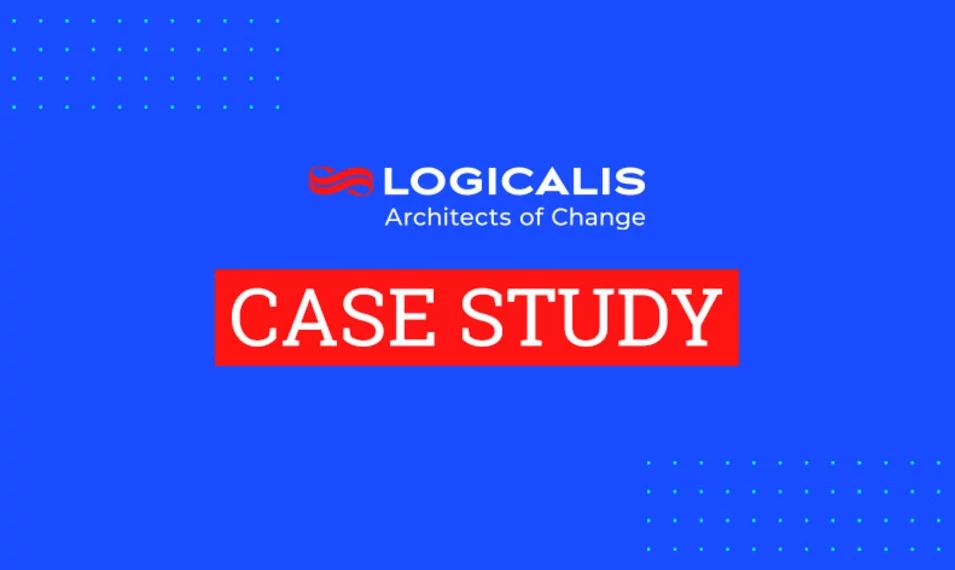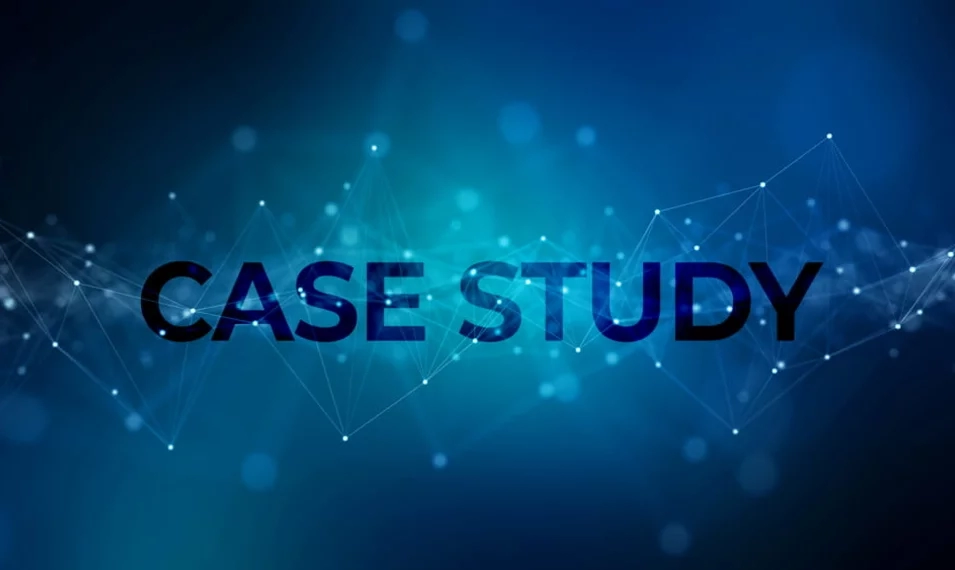, Jan 10, 2014
Logicalis assists Grady Health System with the infrastructure transplant required for a more successful future.
Grady Health System is one of the largest health systems in the United States and the leading level 1 trauma center within 100 miles of metro Atlanta. Opened in 1892, Grady is also an internationally recognized teaching hospital staffed exclusively by doctors from the Emory University and Morehouse schools of medicine. As many as one out of every four doctors practicing medicine in Georgia received some or all of their training at Grady.
Having served the Atlanta metropolitan area with distinction for more than a century, Grady recently found itself at a crossroads. Grady depends on payments from Medicare and Medicaid to pay for services for its primary community. To continue to qualify for those payments it needed to comply with federal regulations requiring electronic health records (EHR). Like many urban hospitals, Grady had invested in technology that provided for the medical wellbeing of its patients. Now Grady needed to invest in technology that would ensure its own survival.
Grady’s IT infrastructure was clearly aging. According to Grady’s director of network services Kevin Yearick, “We had a broken Active Directory, no networking presence, and essentially no framework for our applications to work in an integrated way.”
Grady had selected Epic System Corp. for its comprehensive EHR system that spans both the clinical and business needs of a health care provider. To accomplish the profoundly upgraded infrastructure it needed to support Epic’s software and provide a foundation for its future, Grady chose Logicalis.
It was a good call. Logicalis has considerable experience working with healthcare customers, especially those using Epic infrastructures. Logicalis consultants have implemented hundreds of healthcare infrastructures and worked with customers to develop and implement dozens of Epic platforms, whether it was for an initial implementation, consolidation and efficiency improvements to existing Epic infrastructures, or to provide solutions for Business Continuity/Disaster Recovery.
High Impact
“Through every step of the way Logicalis provided timely feedback and near instantaneous quotes,” Yearick says. “The Logicalis account team has done a fantastic job of being low pressure from a sales perspective but very high impact on the delivery side. They’ve delivered on so many things; I know I can trust them. Logicalis really knocked the ball out of the park.”
During the course of the makeover Logicalis designed and helped implement an IT infrastructure across many platforms, including IBM Power, HP x86 Blades, VMware, Citrix, and APC. The original scope of work had not included the Cisco network upgrade, but, Yearick says, Logicalis performed so well everywhere else that it made sense to entrust the procurement of networking equipment to Logicalis as well.
“From a customer interaction standpoint, it was refreshing to deal with a company that was so responsive,” Yearick says. “Typically, you put in an order and the vendor comes back and says it’s back ordered and you’re left holding the bag. We never had that problem. Logicalis account manager Tom Kimmes knew what we wanted and although he didn’t have a PO in hand, he went the extra mile and reserved the hardware so that when we had the PO, it was ready for us.”
Grady’s IT team deployed systems where possible. But, Yearick notes: “When it came to the most technical piece: the EHR Database system—which is the only way Grady is going to be able to survive for the next ten or 20 years—we trusted Logicalis with the set up of the technical architecture of that, including high availability and disaster recovery.”
Logicalis consultants were available wherever and whenever they were needed, Yearick adds. “No matter what time of the day or night we had to do a test or plan a downtime, the Logicalis consultants were so flexible and so gracious in doing whatever it took to get us up and operating.”
A New Day
The new IT infrastructure has brought Grady securely into the 21st century, Yearick says. “The level of adoption from the hospital staff has been remarkable. They see these changes as a vital step towards a brighter future for the hospital. Instead of worrying about how we are going to make it in this technology-driven age, we are now focusing on becoming the provider of choice and excellence. I can tell you that it is an absolute new day at Grady.”
Yearick says the award-winning Marcus Stroke and Neuroscience Center—the first in the state to offer round-the-clock stroke care—is an example of the kinds of services that Grady is now able to introduce. “Being able to provide those kinds of services is 100 percent tied to infrastructure makeover,” Yearick says. “They wouldn’t be possible unless we had done it.”
There’s still work to do. “The true value that you get from the infrastructure we now have is the ability to consolidate our data center in a way that we never could before,” Yearick says. Grady is also looking to implement smart building technologies now that it has a network infrastructure to support it.
And, of course, there is the ongoing challenge for all hospital systems in finding innovative ways to deal with the conflicting demands of instant access to patient information and the need for privacy and security.
“We are now looking into the future at a whole new set of possibilities that we didn’t have before,” Yearick says. “The paradigm has completely shifted. Instead of struggling to stay alive, with the infrastructure we have now we have confidence that we can meet our challenges. We don’t know what new technology is going to be available a year from now, but we do know that the infrastructure we have in place today gives us the ability to take advantage of the technology that will be available tomorrow.”


